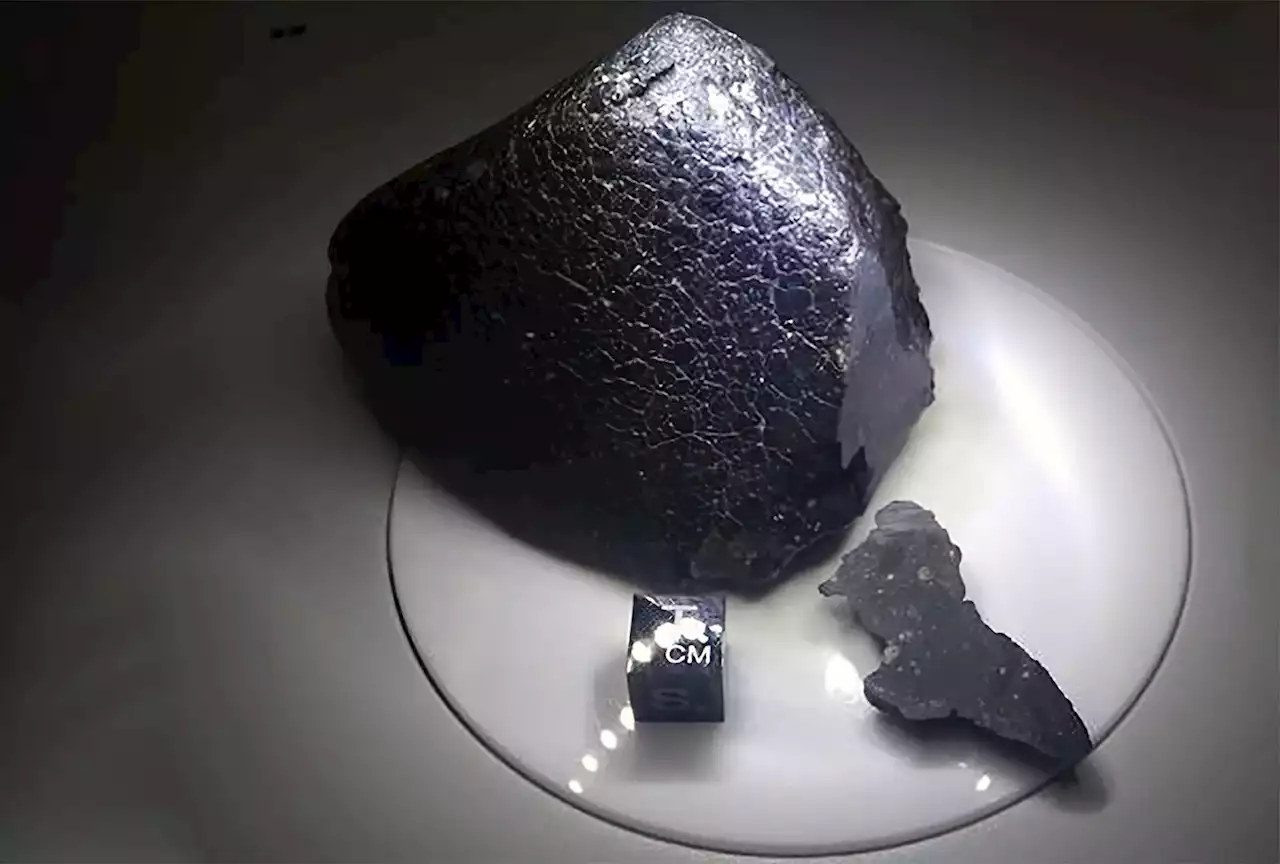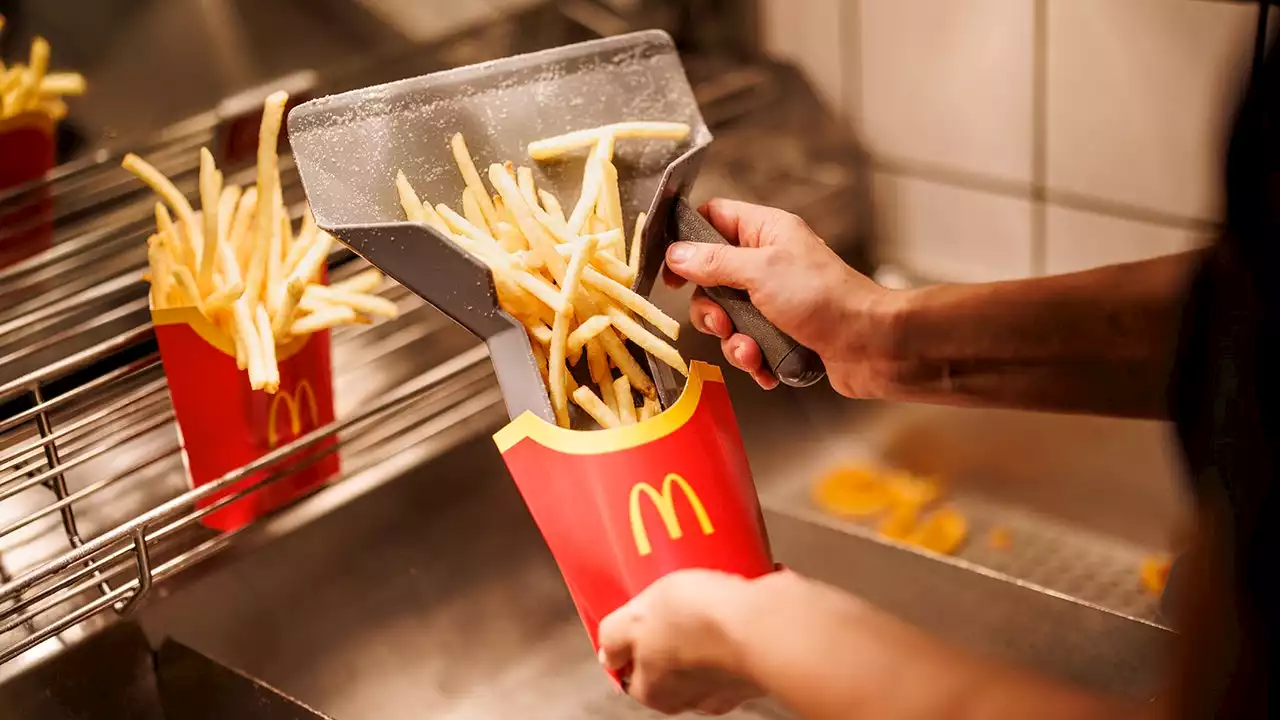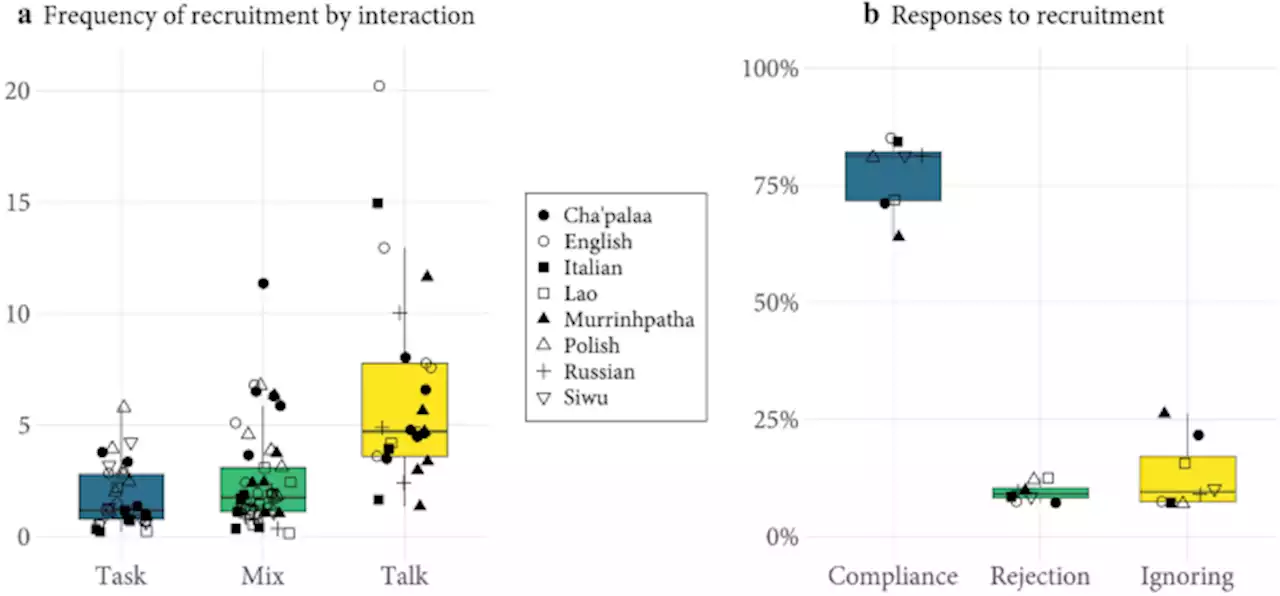Study shows human tendency to help others is universal SciReports
Prosociality and cooperation are key to what makes us human. But different cultural norms can shape our evolved capacities for interaction, leading to differences in social relations. How people share resources has been found to vary across cultures, particularly when stakes are high and when interactions are anonymous. Here we examine prosocial behavior among familiars in eight cultures on five continents, using video recordings of spontaneous requests for immediate, low-cost assistance .
We use a novel approach to describe small-scale patterns of human cooperation , complementing and extending knowledge from existing research based on experimental games, field observation, and social-network modeling, among other methods. We thus aim to contribute to an integrated understanding of human prosocial behavior. We adopt a comparative behavioral coding approach to video-recorded data from everyday social life in diverse cultural settings.
Our research is based in extensive field work and on the analysis of video recordings of everyday home/village life in a set of geographically, linguistically, and culturally diverse field sites. We examine human cooperation at the smallest scale observable, that is, in the scale of real-time social interaction in which actions are exchanged at the rate of about one every two seconds.
The themes of prosociality, interdependence, reciprocity, altruism, and cooperation have been central to anthropological research based on in-depth, qualitative investigations going back more than a century. An important line of subsequent work prioritized experimental control for systematic comparison across cultures, using economic games such as the Ultimatum Game.
Another important line of work on human prosociality and cooperation has been guided by the theoretical approach of human behavioral ecology . This approach seeks to understand human behavior from an adaptive evolutionary perspective, using a range of methods that encompass observation, experiments, and social-network modeling22
United States Latest News, United States Headlines
Similar News:You can also read news stories similar to this one that we have collected from other news sources.
 Weather Lab: Students at Bear Valley Elementary learn about scientific methodThe first step to the scientific method — after knowing what problem you’re solving — is making observations. In this week’s Weather Lab Chief Meteorologist Melissa Frey visited Bear Valley Elementary School where making observations comes naturally to third graders.
Weather Lab: Students at Bear Valley Elementary learn about scientific methodThe first step to the scientific method — after knowing what problem you’re solving — is making observations. In this week’s Weather Lab Chief Meteorologist Melissa Frey visited Bear Valley Elementary School where making observations comes naturally to third graders.
Read more »
 Magnet Mayhem: How Meteorite Hunters Accidentally Destroy Scientific GoldminesA new study shows that simple hand magnets erase a meteorite’s magnetic memory. A new MIT study reveals that hand magnets, commonly used by meteorite hunters and collectors to verify meteorites' identities, often erase the rocks' magnetic memory, thereby destroying valuable scientific data. The r
Magnet Mayhem: How Meteorite Hunters Accidentally Destroy Scientific GoldminesA new study shows that simple hand magnets erase a meteorite’s magnetic memory. A new MIT study reveals that hand magnets, commonly used by meteorite hunters and collectors to verify meteorites' identities, often erase the rocks' magnetic memory, thereby destroying valuable scientific data. The r
Read more »
 Superman: Legacy Update & Script Picture Shared by James GunnDirector and co-CEO of DC Studios James Gunn gave a new Superman: Legacy update and showed a picture of the script.
Superman: Legacy Update & Script Picture Shared by James GunnDirector and co-CEO of DC Studios James Gunn gave a new Superman: Legacy update and showed a picture of the script.
Read more »
 Law enforcement nonprofit says JSO Sgt. who shared racist messages should have received harsher punishmentMembers of the Jacksonville Brotherhood of Police Officers and local pastors said they still have concerns about the punishment for a Jacksonville Sheriff’s Office sergeant who admitted to posting racist messages on social media.
Law enforcement nonprofit says JSO Sgt. who shared racist messages should have received harsher punishmentMembers of the Jacksonville Brotherhood of Police Officers and local pastors said they still have concerns about the punishment for a Jacksonville Sheriff’s Office sergeant who admitted to posting racist messages on social media.
Read more »
 McDonald's fries' flavor 'secret' shared on TikTok shocks customers: 'Bad news for vegetarians'A popular TikTok content creator who regularly spills fast food secrets tells his 9.1 million followers that McDonald's fries are made with an additive that may shock non-meat eaters.
McDonald's fries' flavor 'secret' shared on TikTok shocks customers: 'Bad news for vegetarians'A popular TikTok content creator who regularly spills fast food secrets tells his 9.1 million followers that McDonald's fries are made with an additive that may shock non-meat eaters.
Read more »
 18 People Shared How They Got Out Of Poverty And It Shouldn't Be This Hard'Remember, being poor isn't shameful; the existence of poverty is.'
18 People Shared How They Got Out Of Poverty And It Shouldn't Be This Hard'Remember, being poor isn't shameful; the existence of poverty is.'
Read more »
